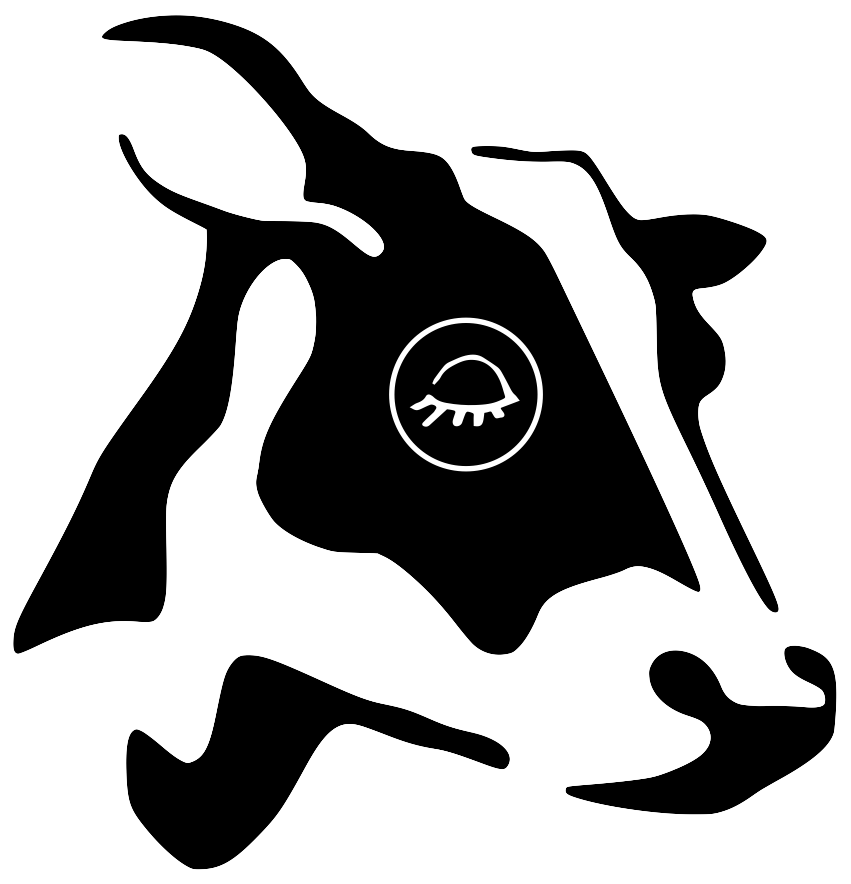Our Health
Humans evolved eating a range of foods, meat included…
...but meat was never an essential part of the human diet, and beef certainly wasn’t either.
In fact, diets rich in meat (especially red meat like beef) are closely linked to heart diseases.
Studies indicate that you can reduce your risk of dying from a heart or circulatory condition by 24% by eating more fruit and vegetables, and cutting out red meat and dairy.
Meanwhile, numerous biological molecules (like Neu5Gc) present in red meat are known to increase the risk of cancerous tumours forming, and there’s growing evidence that animal fats are a major factor in diabetes.
A recent study by the University of Oxford showed that mortality rates are reduced by up to 5% when beef is substituted for other protein sources like legumes and mycoprotein (the protein in Quorn).
In fact, whilst we’re laying the blame on red meat for things, cows have been one of the primary sources of disease epidemics throughout history, with measles, tuberculosis and smallpox all coming from us farming them!
Iron
Iron is an essential nutrient in our diets, especially for females, losing a lot of blood every month…
…and red meat is a very good source of iron.
But humans have survived in the past with minimal access to red meat.
That’s because loads of other foods are rich in iron: mussels, chocolate, spinach, dried fruits.
Also an excess of the kind of iron found in red meat is linked to colorectal cancer.
Vitamin D
Vitamin D is essential, and easy for your body to synthesise using cholesterol and sunlight on your skin.
The catch is that most cholesterol in the diet comes from animal products.
If you’re cutting out all animal products and not getting much sunlight, it’s important to eat foods rich in Vitamin D, like mushrooms.
Vitamin B12
Vitamin B12 is another essential vitamin in the diet.
If you eat any animal products, you probably don’t need to worry about it, but if you’re going animal-free, you have to be careful to ensure you get enough.
Sources include supplement tablets, tempeh, laver, yeast and certain kinds of algae.
A less good source, but quite interesting… because of the bacteria at the ends of our intestines, animal poo is actually really rich in B12 too, which is why dogs sometimes eat poo…
The Bottom Line
The easiest way to have a healthy and sustainable diet is to eat a range of plant-based foods, and a very minimal number of animal products, avoiding beef and other red meats.
But the best way to have a healthy and sustainable diet is to go animal-free, and take those few, small extra steps to ensure you’re getting enough iron (especially if you’re female), B12 and D.




